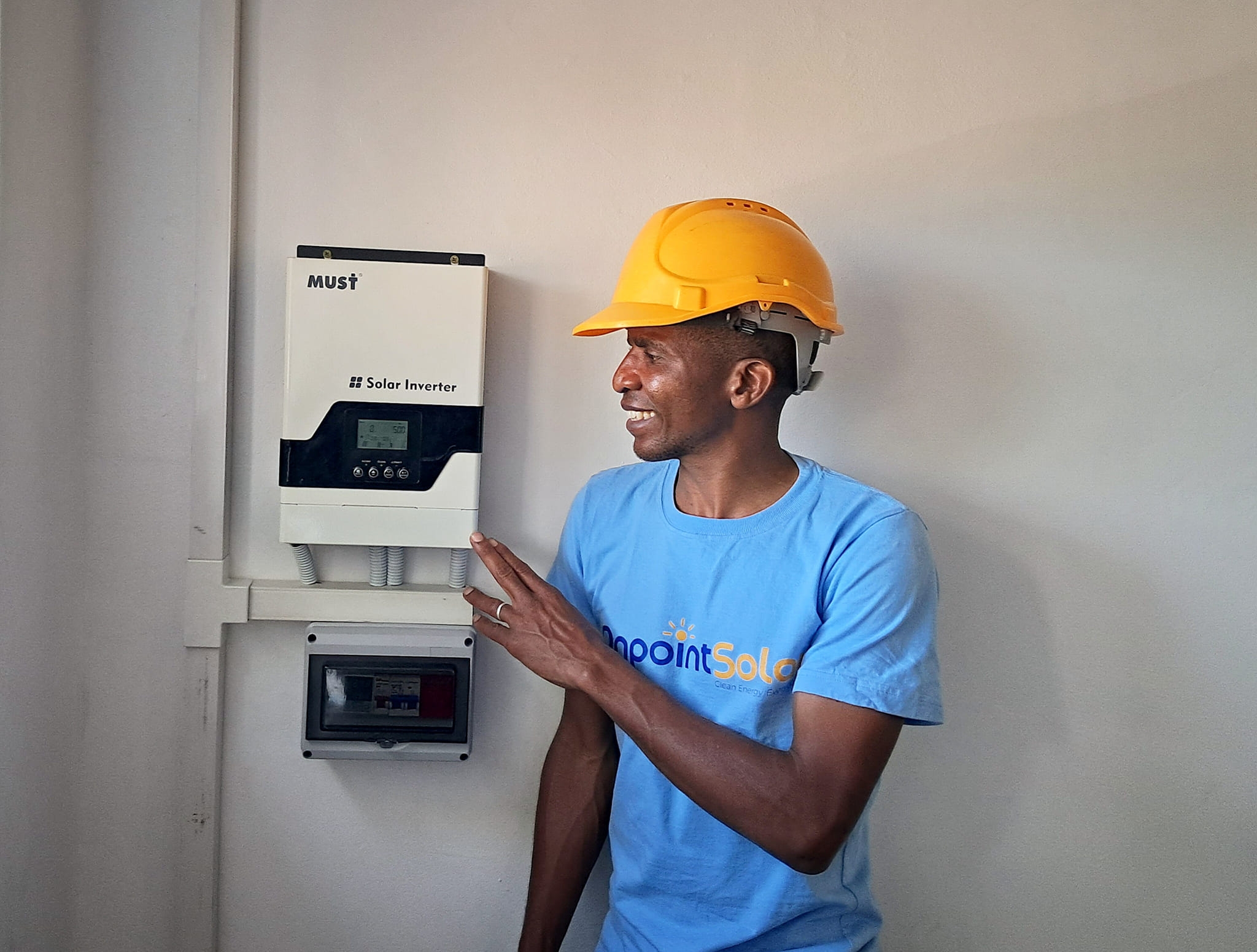The Importance of Safety in a Solar System in Zimbabwe
Zimbabwe, a nation abundant in sunshine, is increasingly turning to solar energy as a reliable and sustainable alternative to the national grid. However, the benefits of solar power are only fully realized when safety is prioritized at every stage, from installation to maintenance. Neglecting safety precautions can lead to serious consequences, including electric shock, fire, and even death. This blog post delves into the crucial aspects of solar system safety in the Zimbabwean context, highlighting the specific challenges and providing practical advice for homeowners, installers, and policymakers.
**Understanding the Zimbabwean Context:**
Zimbabwe’s power supply is often unreliable, making solar energy a compelling solution. However, this also means many people may lack experience with electrical systems, potentially increasing the risk of accidents. Furthermore, the harsh climatic conditions – intense heat, frequent rainfall, and occasional storms – present unique challenges to solar system longevity and safety. Limited access to certified technicians and a lack of stringent regulatory frameworks further complicate the safety landscape.
**Safety Concerns at Each Stage:**
**1. System Design and Installation:**
* **Qualified Installers:** This is paramount. Improper installation is the leading cause of solar system accidents. Employing certified and experienced technicians is non-negotiable. Look for installers with demonstrable experience and adherence to industry best practices, such as those accredited by relevant Zimbabwean organizations (if any exist; if not, seeking international certifications can be a good indicator of competence).
* **Correct Sizing:** Overloading a system can lead to overheating and fire hazards. A properly sized system, tailored to the household’s energy needs, is crucial. An experienced installer will conduct a thorough energy audit to determine the appropriate system capacity.
* **Grounding and Earthing:** Proper earthing protects against electrical shocks. All components of the solar system, including the panels, inverters, and batteries, must be effectively grounded to prevent dangerous voltage build-up. Zimbabwean soil conditions can affect earthing effectiveness, necessitating professional assessment and implementation.
* **Wiring and Cabling:** Using appropriate, high-quality wiring and cables is crucial. Improper wiring can lead to overheating, short circuits, and fires. The use of UV-resistant cables is essential in Zimbabwe’s sunny climate. Cable routing should also minimize exposure to extreme weather conditions.
* **Component Quality:** Investing in high-quality, certified solar panels, inverters, and batteries is critical. Cheap, substandard components are more prone to malfunctions and pose a higher safety risk. Check for relevant certifications (e.g., IEC standards).
**2. System Operation and Maintenance:**
* **Regular Inspections:** Regular visual inspections of the solar system are necessary to identify any potential hazards, such as loose connections, damaged wires, or signs of overheating. Professional maintenance checks should be scheduled annually or as recommended by the installer.
* **Battery Safety:** Lead-acid batteries, commonly used in solar systems, contain hazardous materials. Proper handling and disposal are crucial to prevent environmental damage and health risks. Zimbabwe needs better infrastructure for safe battery recycling and disposal.
* **Lightning Protection:** Zimbabwe experiences thunderstorms, making lightning protection crucial. A properly installed lightning arrester can divert lightning strikes away from the solar system, protecting it from damage and preventing potential hazards.
* **Child and Pet Safety:** Solar panels and other system components should be inaccessible to children and pets to prevent accidental contact or damage. Proper fencing or enclosure may be necessary.
**3. Regulatory and Policy Considerations:**
* **Standards and Regulations:** The development and enforcement of clear national standards and regulations for the design, installation, and maintenance of solar systems are vital to ensure safety. These standards should align with international best practices and address the specific challenges of the Zimbabwean climate.
* **Training and Certification:** Investing in training programs for solar installers is critical to ensure they possess the necessary skills and knowledge to install and maintain solar systems safely. A robust certification program would enhance the credibility of installers and protect consumers.
* **Consumer Awareness:** Public awareness campaigns are needed to educate consumers about the safety aspects of solar systems. This includes information on choosing qualified installers, identifying potential hazards, and understanding the importance of regular maintenance.
**Conclusion:**
The increasing adoption of solar energy in Zimbabwe offers a promising pathway to a more sustainable and reliable energy future. However, safety must remain a top priority. By focusing on qualified installers, proper system design, regular maintenance, and a supportive regulatory framework, Zimbabwe can harness the benefits of solar power while minimizing the risks. This requires a collaborative effort from installers, policymakers, consumers, and educational institutions to create a safer solar environment for all Zimbabweans. The investment in safety is not just a cost; it is a crucial investment in the long-term success and sustainability of Zimbabwe’s solar energy sector.


